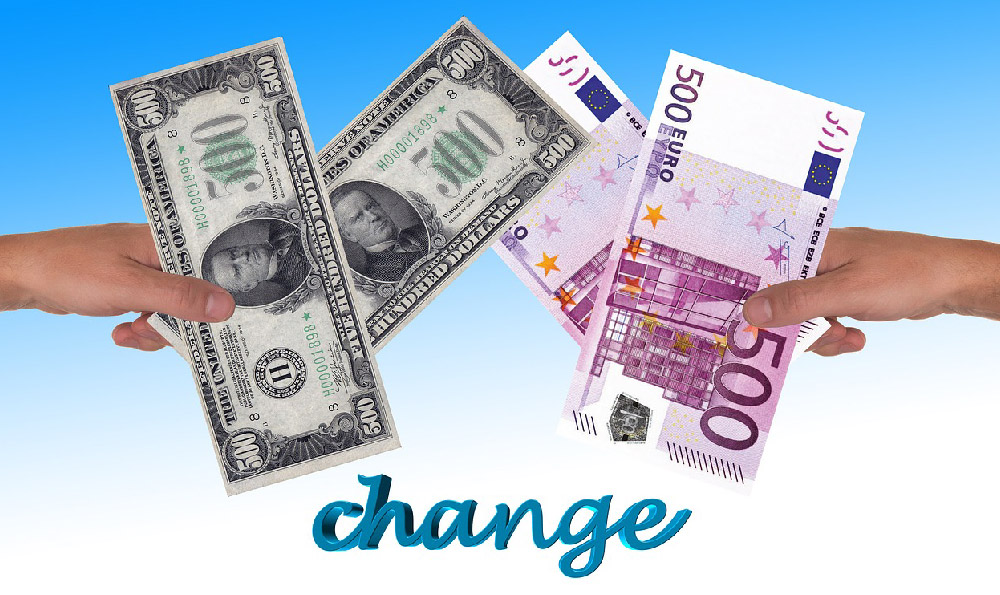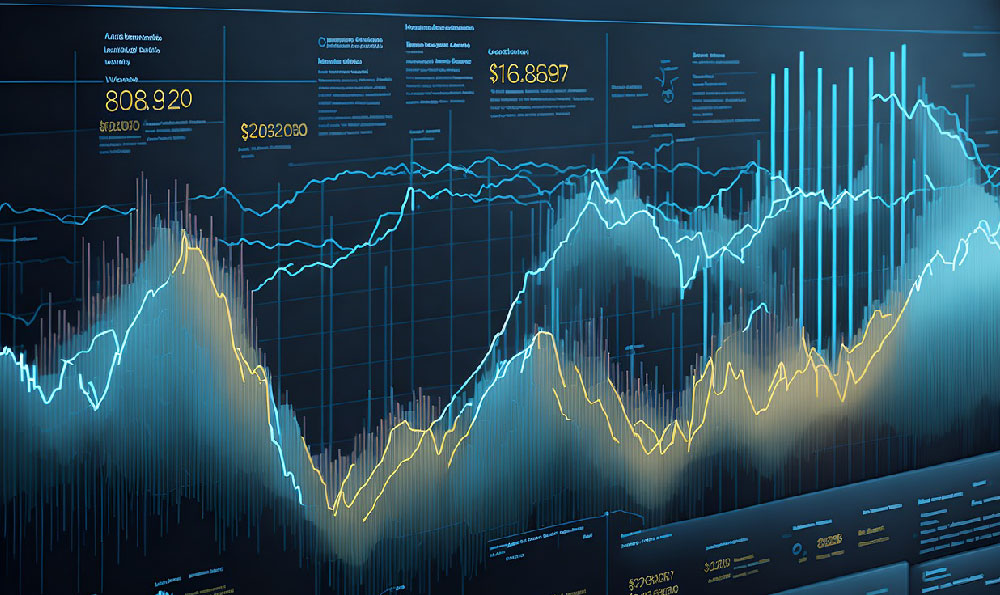Money, in its essence, is a tool. Like any tool, its value is determined by how it's wielded, not simply by its existence. The age-old question of whether money buys happiness is often framed as a binary choice, an either/or proposition. The reality, however, is far more nuanced and intertwined with individual psychology, societal context, and the very definition of happiness itself.
The simplistic answer, appealing to many, is often no. We hear tales of lottery winners spiraling into debt and despair, of celebrities battling addiction and loneliness despite their vast fortunes. We’re told that true happiness lies in relationships, experiences, and inner peace – things money purportedly can’t buy. There's truth to this, of course. A strong social network, a fulfilling career, a sense of purpose, and good health are all fundamental ingredients for a happy and well-lived life. Money alone cannot create these. You cannot purchase genuine affection, buy back lost time, or force contentment.
However, to dismiss the influence of money entirely is equally naive. Consider the alternative: living in perpetual poverty, struggling to meet basic needs, constantly burdened by financial anxiety. This existence leaves little room for pursuing passions, nurturing relationships, or even enjoying simple pleasures. The stress of financial insecurity can erode mental and physical health, creating a cycle of hardship that is difficult to break. In this context, money can indeed buy a degree of happiness – or, more accurately, alleviate unhappiness. It provides security, stability, and the freedom to make choices. It allows individuals to address basic needs like food, shelter, and healthcare, freeing up mental space to focus on other aspects of life.

Furthermore, money can unlock opportunities for personal growth and enrichment. It can facilitate travel, education, and participation in activities that bring joy and fulfillment. It allows individuals to pursue hobbies, learn new skills, and contribute to causes they believe in. These experiences, in turn, can lead to greater self-awareness, personal satisfaction, and a deeper sense of purpose. In this sense, money acts as an enabler, amplifying existing potential for happiness rather than creating it from scratch.
The complication arises, however, when money becomes the primary focus of one’s life. The pursuit of wealth for its own sake can lead to a relentless cycle of striving, comparison, and dissatisfaction. As individuals accumulate more, their expectations and desires often escalate accordingly, leading to a phenomenon known as hedonic adaptation or the “hedonic treadmill.” This means that the initial joy of acquiring something new quickly fades as it becomes the new normal, prompting a renewed pursuit of even greater wealth to recapture that fleeting feeling of happiness. This constant chase can be exhausting and ultimately unfulfilling.
Another complication stems from the social dynamics surrounding wealth. Money can create barriers between individuals, fostering envy, resentment, and distrust. The accumulation of vast wealth can isolate individuals from the experiences and perspectives of those less fortunate, leading to a disconnect from reality and a diminished sense of empathy. Moreover, the pressure to maintain a certain lifestyle or project an image of success can be incredibly stressful and lead to feelings of inadequacy.
The key, therefore, lies in finding a balance. Money should be viewed as a resource to be managed responsibly and used to enhance one's life, not as an end in itself. Focusing on building meaningful relationships, cultivating inner peace, and pursuing passions that bring joy and fulfillment are essential for true happiness. Money can then be used to support these endeavors, providing security, opportunity, and the freedom to live a more fulfilling life.
In the realm of virtual currency investment, this principle holds even greater weight. The allure of quick riches and the volatile nature of the market can easily lead to reckless decisions and financial ruin. A responsible investor approaches the market with a long-term perspective, a clear understanding of risk, and a commitment to diversification. They prioritize education and research, avoiding the temptation to chase fleeting trends or rely on unsubstantiated hype. They recognize that virtual currency is a high-risk, high-reward asset class and allocate their capital accordingly, ensuring that their investments align with their overall financial goals and risk tolerance.
Ultimately, the relationship between money and happiness is complex and multifaceted. It is not a matter of simply having or not having money, but rather of how one chooses to use it and what values guide one's life. Money can be a powerful tool for good, enabling individuals to live more fulfilling and meaningful lives. However, it can also be a source of stress, anxiety, and unhappiness if it becomes the sole focus of one's existence. The key is to find a balance, to use money wisely, and to prioritize the things in life that truly matter: relationships, experiences, and inner peace. When approached with mindfulness and intention, money can be a valuable asset in the pursuit of a happy and well-lived life, both in the traditional financial world and the emerging world of virtual currency. It's about using the tool wisely, not letting the tool use you.












